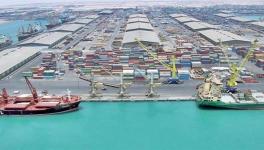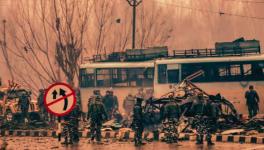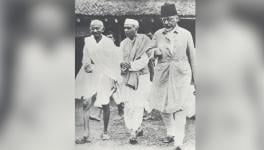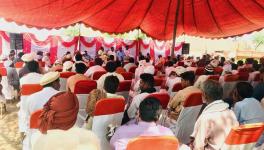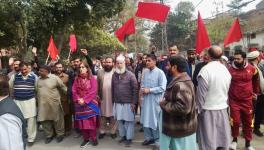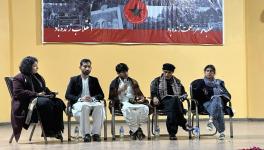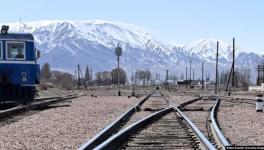Safety Violations and Contractualization Pushes Mine Workers to Death in Pakistan
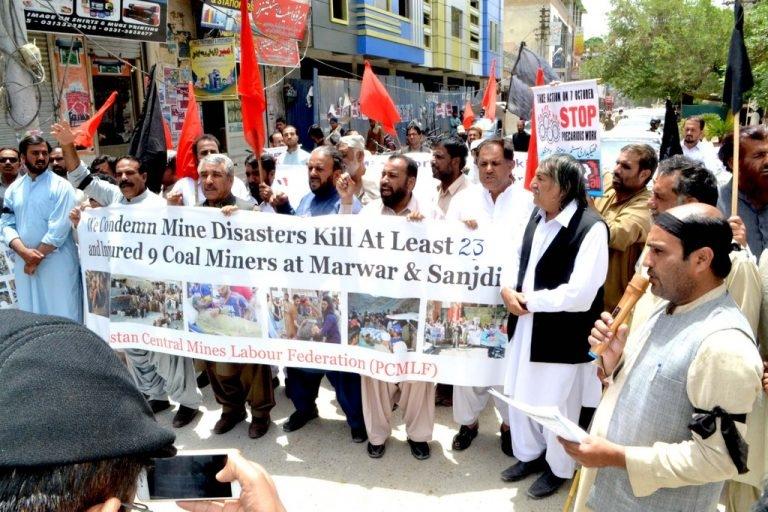
Around twenty three mine workers were killed in two ghastly accidents in the coal mines near Pakistan’s south-western city of Quetta. In the Marwar coalfields, owned by a private entity Pir Ismael, 16 workers were killed on May 4 after the mine collapsed due to a methane gas explosion. The second incident happened on the same day at a mine owned by the state-run Pakistan Mineral Development Corporation (PMDC) in Sur range in Balochistan. 7 workers were killed.
Miners and trade union activists belonging to the Pakistan Central Mines Labour Federation (PMCLF) staged a demonstration outside the Quetta Press Club on Sunday against the rising number of deaths in mining accidents. Though the volume of mining activity in Pakistan is not considerable by global standards, the number of deaths and injuries has been enormous.
Sultan Muhammad Khan, the Secretary General of PCMLF, and various union leaders, including Abdul Sattar, Shah Ali Bugti, Muhammad Zameen, Abdul Haleem Khan, Manzoor Baloch, Saeed Ahmed Bilanoshi, ,M. Shafiq Gujar, Irfanullah, addressed the protest.
Sultan Muhammad Khan speaking to The Dawn News said, “The workers in the mines are employed through contractors and sub-contractors, who not only exploit the workers by paying them a mere pittance, but also do not provide any proper safety equipment”.
He further added that between 100 and 200 miners die in accidents annually.
In addition to the poor safety standards, the mining industry is also infamous for its exploitative wage structure and socials security practices. Most of the mine workers are paid between Rs 7000 (Pakistani Rupee) and Rs 12,000 per month, which is much lower the minimum wage of Rs 15,000 per month. As these workers are employed on a seasonal or temporary basis through agents, they don’t enjoy benefits, such as yearly leave, available to the regular workers.
It is alleged that labour inspectors and the government are in hand in glove with the mine owners and contactors, and turn a blind eye to the plight of the workers.
“The terms and conditions of work in coal mines in Pakistan are worse than the conditions that existed 500 years ago in the western economies before the industrial revolutions. Deaths in mines are a routine affair and dead bodies don’t make even a ripple. Workers are paid piecemeal rate and none are registered with social security.” said another representative of PCMLF at the protest.
The piecemeal rate is for the amount of coal the miners have extracted during the digging of mine, the payment is made on per square foot basis and, later, on a per ton basis when the excavation of minerals begins.
“There were no arrangements inside the mine, including air ventilation,” Akhterzada, an injured coal miner said.
“The owners and managers of mine companies don’t care for poor workers, because for them, money is more important than our lives,” Akhterzada added after he was brought to a hospital.
At the demonstration, a resolution was passed calling upon the Chief Justice of Pakistan to take suo motu action against these inhuman conditions that lead to mining accidents. The resolution also demanded immediate efforts be made for the recovery of the bodies of coal miners from the mines, and compensation be provided to the heirs of dead miners. It further said that those found guilty of negligence should be awarded rigorous punishments, and the mines, where such fatal incidents took place, should be immediately sealed.
The resolution demanded that Pakistan should implement the Mines Act/Safety Act and Laws strictly and that the International Labour Organisation C-176 Convention should be ratified by Pakistan. The C-176 concerning Safety and Health in Mines was adopted by the ILO in 1995 and recognises the need to prevent any fatalities, injuries or ill health affecting workers or members of the public, or damage to the environment arising from mining operations.
Also, Pakistan does not follow the 2006 ILO Code on Safety and Health in Underground Coal Mines that sets out “general principles and specific guidance in all aspects of mining operations, including record keeping and documentation”.
Get the latest reports & analysis with people's perspective on Protests, movements & deep analytical videos, discussions of the current affairs in your Telegram app. Subscribe to NewsClick's Telegram channel & get Real-Time updates on stories, as they get published on our website.









